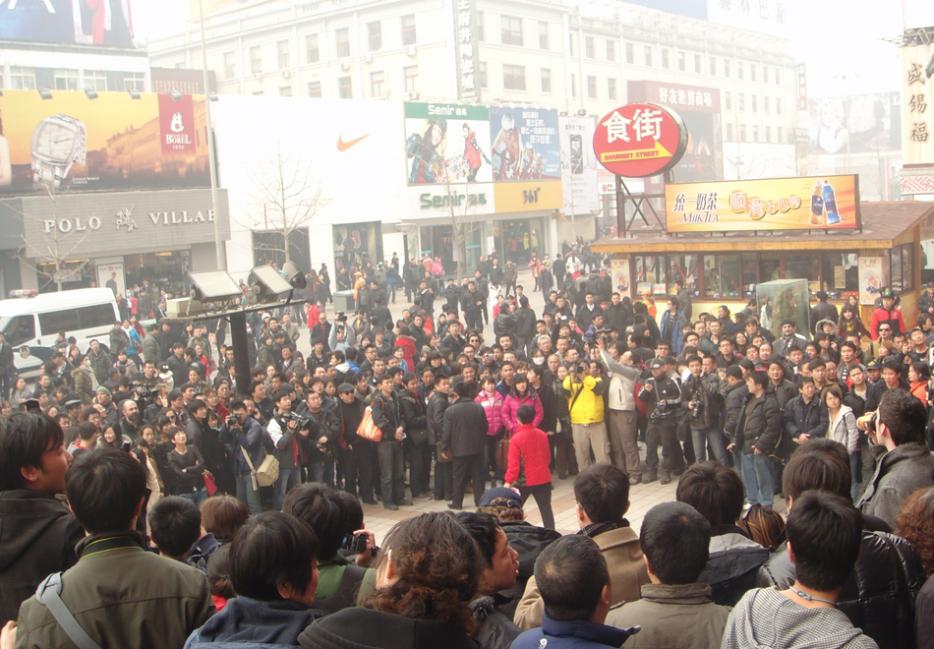If there’s one thing we’ve known for years about China’s rise up the income and consumption ladder, it’s that the People’s Republic’s state-owned enterprises pose a unique risk to global capitalism. If free trade, liberal governance, and no small measure of self-satisfaction defined the “Washington Consensus,” then the Beijing Consensus is defined by controlled markets, state capitalism, and a decided lack of enthusiasm for that messy “democracy” stuff.
This perception matters because it comes up all the time, in all sorts of arguments, even if it doesn’t make a lot of sense. It arises, for example, when a financial journalist wants to make the argument for putting an end to the Canadian state as distinct from the U.S., saying that only a combined U.S. and Canada can hold off the rising Chinese economic superpower.
Everyone believes this so thoroughly it probably doesn’t matter that it isn’t true. But it isn’t, and whenever anyone looks at it seriously, they realize that. Most recently, Elizabeth Economy and Michael Levi, in their book By All Means Necessary, found that China’s state-owned enterprises act largely the same way private companies do.
“Chinese firms own or have access to a lot of copper around the world, and a huge amount of that does go back to China, but that’s simply because of China’s position as a large consumer of copper,” Levi told the Washington Post. Even worse, Economy noted that some SOEs actually push back against the party line when it’s in their interests to do so.
Gosh, it’s almost as if China isn’t a formless monolith filled with caricatures slavishly obeying the dictates of Central Command.
Which isn’t to say China’s rise doesn’t pose some obvious problems for the global economy and environment. But they’re the same problems that we’d be facing if we tried to bring 1.3 billion people anywhere in the world out of back-breaking poverty and into something that is rapidly approaching shouting distance of middling prosperity.
The immediate problem we face isn’t what happens when China gets strong, but rather, what happens when China (and Turkey, and Argentina, and other developing countries) suddenly run out of steam. The growth in Chinese consumption hasn’t just been a boon for energy producers: all sorts of commodity producers have benefited, and all sorts of countries could suddenly see their economies stall.
Even in the relatively good times, China was seeing 500 protests a day in its towns and cities for reasons ranging from shoddy government construction practices to land seizures to high food prices. That number was already almost certainly an underestimate, and it’s almost certainly grown since. And if China’s soft landing isn’t so soft, we can expect a lot worse.
Bet on that being the next reason for us to panic. Because the evidence suggests that we’ll never be allowed to calm down and simply treat China as a growing economy with its own complexities (and, yes, human rights abuses) without seasoning it with some variety of menace. Even if the last panic we ginned up turned out not to be true, don’t worry—we’ve got others.






